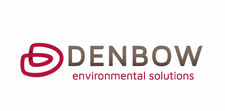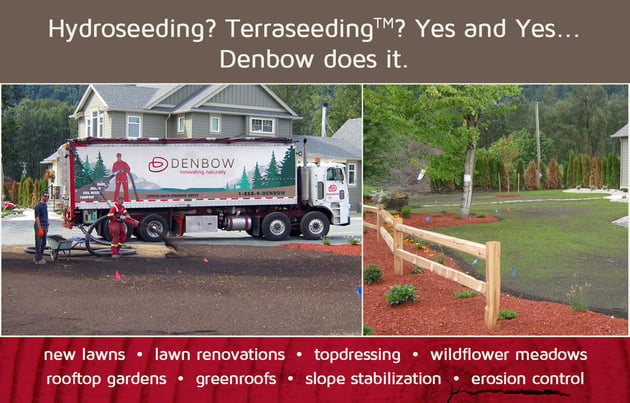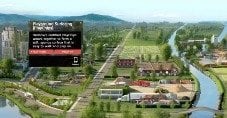Today we share with you an article about sustainable landscaping, soil and compost quality and Terraseeding™ from Island Farm and Garden Magazine right here on BC's coast.
"Sustainable landscaping is the practice of creating gardens and green spaces that are in balance with the natural local climate, environmentally friendly and help preserve resources. This includes a focus on composting, pest control measures that rely on natural solutions plus an awareness of how shade trees and the use of native species can create energy efficient landscapes.
Sheri DeBoer of EasyLiving Landscapes notes “It’s very important to start with a good assessment of the site. Awareness of the naturally occurring growing conditions like soil type, wind flow, sunlight saturation and direction allow us to create a landscape that will not only be beautiful, but thrive in this climate.”
As DeBoer works primarily with EasyLiving’s environmental and blower truck division, ESCCO Soil + Erosion, she is passionate about the positive impact that good soil can have on even the smallest scale. “A single shovel full of rich soil contains more species of organisms than can be found above ground in the entire Amazon rain forest. These organisms have developed over the millennia to work in tandem with local natural flora and fauna to create the most optimum growing medium for our ecosystem. Those microbes also help break down pollutants that exist in our urban environment. Good compost is everything.”
Terraseeding™ is a new system designed to ‘seed with soil’ in a cost effective and low-impact manner. A compost blend is filled into a blower truck and blown into the desired areas while being amended with grass seed as it is blown. In one application, without raking, wheelbarrows or graders working over your yard, the seed is being planted in an even coat – and can even be applied over existing grass that needs topdressing.
Because this Terraseeding process keeps areas vegetated and permeable, stormwater is able to be slowed and treated prior to reaching the stormwater infrastructure. This is beneficial because as it hits the stormwater pipes, the water is fast tracked to the closest stream, river or ocean. The more we can keep water onsite, the better; because otherwise whatever was on the road or in the lawn could be instantly transported to sensitive fish habitat. Through the use of the blower truck, ESCCO Soil + Erosion can even build structural vegetated retaining which conforms to the contours of the land, continues the cooling effect that vegetation provides and keeps the area naturalized while achieving the desired affect of retaining the earth, not to mention keeping it beautiful.
EasyLiving is a proponent of low impact development in urban areas, and their commercial projects make use of bioswales, permeable paving stones and rain gardens. A bioswale is a depression created to act as a man-made stream bed around a heavily paved area, like a parking lot. The bioswale allows for run-off water to gather in the in the depression and filter through gravel and vegetative matter, this process cleans the run-off before it enters nearby natural streams or storm sewers. Similarly, permeable paving stones are laid on the ground while allowing water to pass into the media beneath to be treated and infiltrate into the groundwater rather than flow offsite.
A rain garden allows this same run-off to enter a sunken garden area planted with native wetland species like rushes, ferns and wildflowers, which eliminates the need for fertilizers or chemicals. The resulting root system not only reduces erosion that can occur in urban developments, it also enhances the filtration of run-off water. Rain gardens and bioswales can reduce pollution by up to 30%. These vegetative features also serve as habitats for birds, frogs and bees.
As DeBoer says, “Humans need nature. We absorb the negative ions released by the grass we walk through barefoot, we love the smell after a thunderstorm as negative ions were released in the atmosphere. Negative ions boost a metabolism and alkalize the body, it’s just plain healthy to be in a green environment!”



